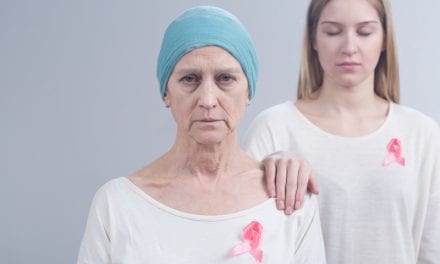Researchers at the Cancer Institute of New Jersey (CINJ) are examining the link between shift work and certain cancers with help from a recent $600,000 in funding from the V Foundation for Cancer Research. The researchers are investigating whether shift work predisposes the body to cancer by altering its response to hormones, and whether a dietary supplement could help.
Shift work that alters circadian rhythm is classified as a probable carcinogen by the International Agency for Research on Cancer.
According to head researcher Helmut Zarbl, PhD, ATS, associate director for public health science at CINJ, epidemiological studies have consistently shown that women and men who work at night have a significantly elevated risk of breast cancer, and possibly prostate cancer.
This study follows the discovery by Zarbl and his team that chemical carcinogens disrupt circadian rhythm—leading to what Zarbl considers an imbalance in a protein that prevents cancer by regulating the cell’s response to hormones. Additionally, the team found that methylselenocysteine (MSC), a compound naturally occurring in many foods, prevents cancer in rats by restoring circadian rhythm and the cells’ response to estrogen. During the 3-year grant period, Zarbl’s team will determine if shift work also disrupts the cells’ response to estrogens, and if this effect can be reversed by dietary MSC.



